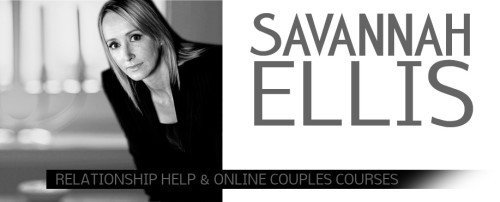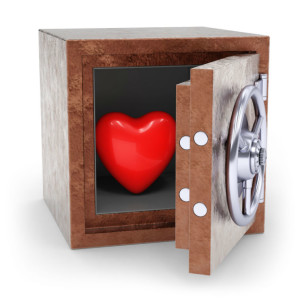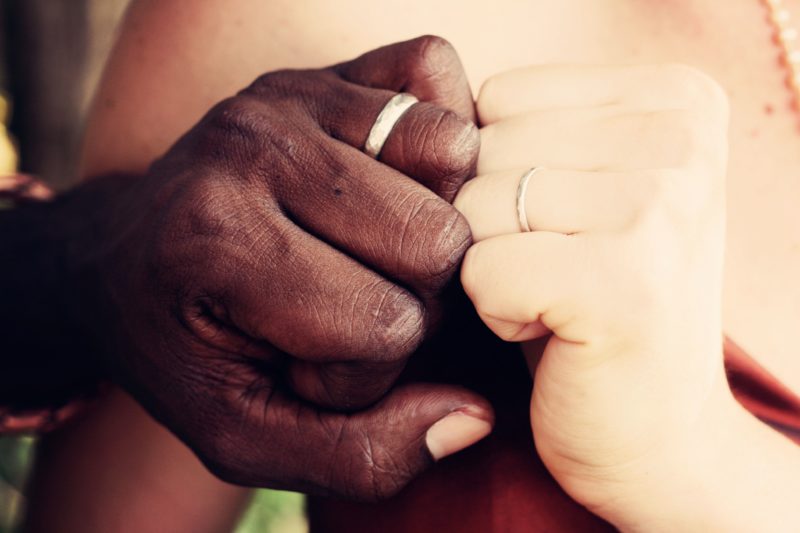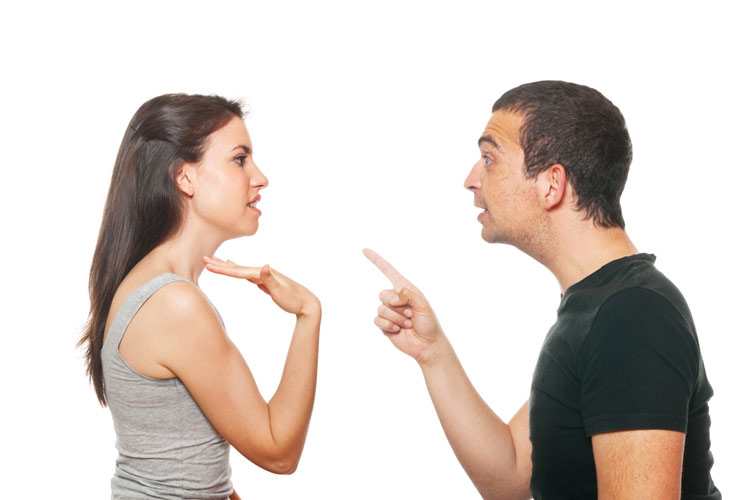Views: 53
Inside all of us is a Love Bank with accounts in the names of everyone we know. When these people are associated with our good feelings, “love units” are deposited into their accounts, and when they are associated with our bad feelings, love units are withdrawn. We are emotionally attracted to people with positive balances and repulsed by those with negative balances. This is the way our emotions encourage us to be with people who seem to treat us well, and avoid those who seem to hurt us.
The emotional reactions we have toward people, whether attraction or repulsion, is not a matter of choice. Love Bank balances cause them. Try “choosing” to be attracted to those you associate with some of your worst experiences — it’s almost impossible. Or try to feel repulsed by those associated with your best feelings. You do not decide whom you will like or dislike — it’s their association with your feelings, whether they have made Love Bank deposits or withdrawals, that determines your emotional reactions to them.
We like those with positive Love Bank balances and dislike those with negative balances. But if an account reaches a certain threshold, a very special emotional reaction is triggered — romantic love. We no longer simply like the person — we are in love. It’s a feeling of incredible attraction to someone of the opposite sex.
The feeling of love is the way our emotions encourage us to spend more time with someone who takes especially good care of us — someone who is effective at making us very happy and knows how to avoid making us unhappy. We would certainly want to spend time with someone we simply liked, but by giving us the feeling we call love, our emotions give us added motivation. We find ourselves not only wanting to be with the person, but also craving that person. When we are together we feel fulfilled, and when apart we feel lonely and incomplete. So the feeling of love is usually effective not only in drawing people together for significant amounts of time, but also in encouraging them to spend their entire lives together in relationship.
But our emotions give us more than the feeling of love. When they identify someone who makes us happy, they also motivate us to reciprocate by encouraging us to make that person happy. They do this by making it seem almost effortless to do what makes most of us the happiest.
Have you ever noticed that when you are in love, you seem instinctively affectionate, conversant, admiring and willing to make love? That’s because your emotions want to keep that person around, so it gives you instincts to help you make that person happy which, if effective, triggers his or her feeling of love for you.
The “look of love” not only communicates our feeling of love for someone, but also reflects our instinct to do whatever it takes to make that person happy.
When a man and woman are both in love, their emotions encourage them to make each other happy for life.
In fact, the thought of spending life apart is usually frightening. It seems to them that they were made to be together for eternity. In almost every case, a man and woman marry because they are in love, and they are in love because their love bank balances are above the romantic love threshold.
But what goes up can usually come down, and love bank balances are no exception. As most married couples have discovered, the feeling of romantic love is much more fragile than originally thought. And if Love Bank balances drop below the romantic love threshold, a couple not only lose their feeling of passion for each other, but they lose their instinct to make each other happy. What was once effortless now becomes awkward, and even repulsive. Instead of the look of love, couples have the look of apathy. And without love, a man and woman no longer want to spend their lives together. Instead, they start thinking of divorce, or at least living their lives apart from one another.
It should be obvious to you by now that the Love Bank is an extremely important concept in any relationship. If you want your instincts and emotions to support your relationship you must keep your Love Bank accounts over the romantic love threshold. But how can you keep your balances that high? And what can you do if they have already fallen below that threshold? Without love, spouses are poorly motivated to remain married for life, but with the restoration of love and its accompanying instinct to spend life together, the threat of divorce is overcome. Relationships are saved when love is restored.
If a couple wants to have a happy and fulfilling relationship, they must make as many Love Bank deposits as possible and avoid making withdrawals. To achieve this, behavior must change. A man and woman must learn how to make each other happy, and how to stop making each other unhappy.
For more information, contact Dr. Savannah at (415) 877-4004 or sav@savannahellis.net











